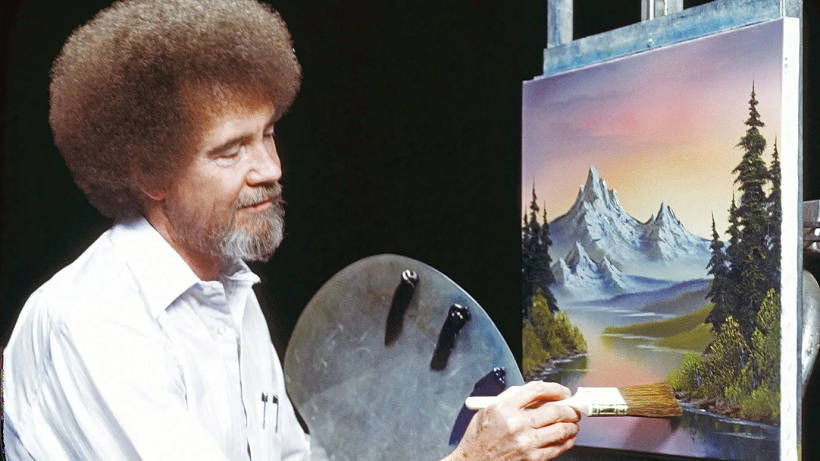Fans of Bob Ross may remember that part of his teaching philosophy was about embracing those “happy accidents” that happen when something unintentional turns into something beautiful and artistic. It reminds me of the notion of the unintentional mitzvah, an idea as old as the Torah itself.

This week we read Parshat Ki Teitzei. We receive laws about war and taking care of hostages, laws about our clothing, laws about family relationships, laws about taking care of the poor, and so much more. Ki Teitzei is actually the Torah portion with the most number of mitzvot (commandments) in it, but the recurring theme is how we should execute and fulfill the mitzvot prescribed to us.
In particular, the laws cover taking care of the more vulnerable members of the community. While earlier in the Torah we learn about leaving the corner of the fields for those who might be hungry so that they can maintain their dignity and pick the food, Parshat Ki Teitzei offers one more way we can support those in need.
Chapter 24, verse 19 presents an interesting unintentional mitzvah when it states, “When you reap the harvest in your field and overlook a sheaf in the field, do not turn back to get it; it shall go to the stranger, the fatherless and the widow.” No one, in this scenario, is purposefully choosing to overlook a sheaf of grain. For whatever reason, the harvester accidentally missed that sheaf, but that accident is now a mitzvah.
We encourage our children to give tzedakah and donate to worthy causes. In fact, we have deemphasized big Hanukkah gifts (those come from other family members) in favor of a small donation each of the eight nights. It feels good to give something back, whether that’s signing up for a meal on someone’s Meal Train or supporting Ukraine through a local campaign. Most of the time, Duncan and I coordinate these so we know how much money is going where, or who’s responsible for dropping off dinner to a friend. Once in a great while, though, we accidentally double up – an unintentional mitzvah, if you will. And if you’re going to make a mistake, what better kind of mistake to make than doing an extra mitzvah?
Accidents, by nature, aren’t choices. However, we do have the choice in how we react to something we’ve overlooked. True, it was our intention to donate once or add just a few coins to the tzedakah box, but if a mistake unintentionally supports the community or helps someone else who might not have otherwise benefited, then our mistake becomes a bigger gift. Parshat Ki Teitzei and this specific commandment are meant to remind us that sometimes it can be better to let it go, to embrace the happy unintentionality and make a mistake that might just lift someone else up.



